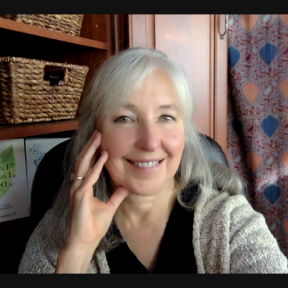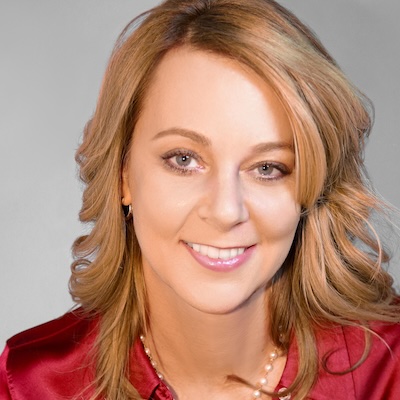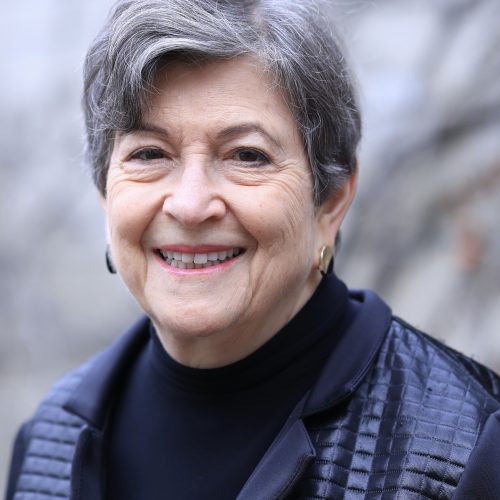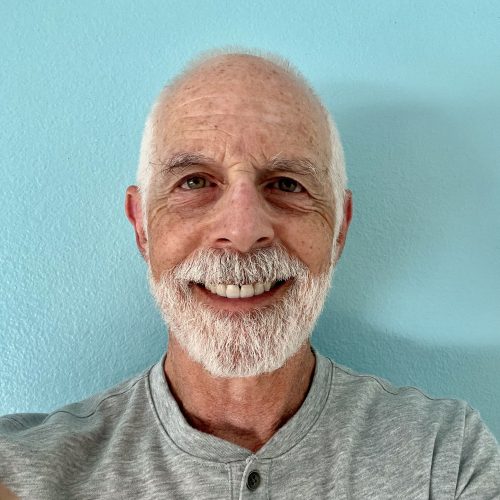The Art of the Interesting – Lorraine Besser, PhD
- The Art of the Interesting – Lorraine Besser, PhD Retirement Wisdom 32:13
Is it time to work on what you’ll be retiring to?
Join our upcoming Designing Your New Life Group Program
Choose from two groups: Thursday (6pm ET) or Friday (12 pm ET) starting in January.
🔹 Limited Spots Available! Each group is capped at 10 participants.
Don’t miss your chance to join at a discounted rate.
Kick off 2025 with a supportive community of others designing their new life in retirement.
____________________________
Happiness and meaning have long been considered the foundations of The Good Life. But there’s a key third element that’s overlooked in what constitutes The Good Life: the interesting. Life is simply richer with experiences that captivate our minds, our thoughts and our emotions and have the power to shift our perspectives. Emerging research is highlighting the importance of “psychological richness” as a key component of a well-lived life through experiences with novelty, complexity and challenge. Lorraine Besser, PhD joins us to discuss her research and her new book The Art of the Interesting:
Lorraine Besser joins us from Vermont.
______________________
Bio
Lorraine Besser is the author of the new book The Art of the Interesting: earned her PhD in philosophy from the University of North Carolina at Chapel Hill. She has MA degrees from UNC and the Claremont Graduate School, and a BA from Tulane University. Before joining the philosophy department at Middlebury College, she held positions at the University of Waterloo and Stanford University. Professor Besser’s research focusses on the nature of happiness and well-being. She specializes in moral psychology, value theory, and the philosophy of David Hume. She lives in Vermont with her family and dogs.
________________________
For More on Lorraine Besser
________________________
Podcast Episodes You May Like
The Good Life – Marc Schulz, PhD
Not Too Late – Gwendolyn Bounds
Living Like You Mean It – Jodi Wellman
Why Settle for Happiness in Your Retirement? – Emily Esfahani Smith
_________________________
Wise Quotes
On Psychological Richness
“So psychological richness, describes the set of experiences that tend to be novel, complex, and challenging, and they’re unified in that they have a particular impact on our mind. So when we engage in these kinds of experiences, we stimulate new thoughts, we have new emotions arising. And the cumulative effect of this kind of rich state of mind leads us to shift our perspective even just ever so slightly after a really psychologically rich experience. We find ourselves somehow changed. And this is the kind of richness that I think we can bring to our lives. And so psychological richness is this much needed third leg of the stool. It taps into a different part of our minds than meaning – it’s the part that is curious, that brings wonder to our experiences, that finds things interesting. And it allows us to really harness our mind’s ability to create that state inside of ourselves.”
On Not Pursuing the Interesting
“We think about what we want out of an experience. We think about what we’re going to get. And those expectations in that plan really dictate how that experience goes for us. Because we’ve set it up. There’s this goal that I need to get to, and I will focus on that and then judge that experience based on whether or not it meets my expectations. And that’s the kind of mindset that really focuses and structures us, but it eliminates the possibility for us to open our minds up and take in new different things. So one of the really helpful things we can do to pursue the interesting is to learn more about it and then understand that it is something that we need to learn how it feels on the inside arising – and pursue it by really identifying that feeling, and letting that feeling blossom. If we pursue it through plans and trying to get to an interesting experience, we set ourselves up. We don’t set ourselves up for success very well. So I think we can pursue it, but it’s got to be indirectly through learning what it is and allowing us to feel it in our minds and let it stimulate us.”
On Openness to Experience
“And openness to experiences is really important to psychological richness, because we got to take in the new experiences and embrace them. It’s going to be a little different for everyone depending on their level of openness to experience. And so I think that the way to think about your current state of openness to experiences and the way you are open to experiences or not, is both towards thinking about how you can develop more openness – even by little things like trying something different for dinner. Whatever it is that you find yourself kind of closed off to, start to chip away at that. The little things will really help. And the second thing is that just recognize that openness to experience is the way in which we can find these interesting experiences. And so even if your degree of openness looks very different than my degree of openness, all that means is that it’s going to take different things to find something novel. And we shouldn’t think about any of these personality traits as things that we’re destined for. And certainly here, regardless of where you stand on the spectrum of openness to experience, you can chip away at becoming more open and you can just learn to work with that to find what will make something novel for you, what counts as something complex for you.”
__________________________
About Retirement Wisdom
I help people who are retiring, but aren’t quite done yet, discover what’s next and build their custom version of their next life. A meaningful retirement doesn’t just happen by accident.
Schedule a call today to discuss how The Designing Your Life process created by Bill Burnett & Dave Evans can help you make your life in retirement a great one – on your own terms.
About Your Podcast Host
Joe Casey is an executive coach who also helps people design their next life after their primary career and create their version of The Multipurpose Retirement.™ He created his own next chapter after a twenty-six-year career at Merrill Lynch, where he was Senior Vice President and Head of HR for Global Markets & Investment Banking. Today, in addition to his work with clients, Joe hosts The Retirement Wisdom Podcast, which thanks to his guests and loyal listeners, ranks in the top 1 % globally in popularity by Listen Notes, with over 1.5 million downloads. Business Insider has recognized Joe as one of 23 innovative coaches who are making a difference. He’s the author of Win the Retirement Game: How to Outsmart the 9 Forces Trying to Steal Your Joy.

























